25 Things Frugal People Never Waste Money On

Living frugally isn’t about being cheap—it’s about being intentional with every dollar spent. Frugal people understand the long-term value of money and prioritize needs over wants. Rather than falling into spending traps or chasing trends, they focus on stretching their paycheck, maximizing savings, and making smart financial choices that pay off over time. Whether you’re trying to cut back on expenses, save for a big goal, or simply develop better financial habits, learning from frugal individuals can be eye-opening. Here are 25 things that frugal people consistently avoid spending money on—and you might want to consider avoiding them too..
1. Brand-Name Groceries

Instead of reaching for the flashy labels at the supermarket, frugal shoppers are more likely to grab store-brand or generic versions of pantry staples. These alternatives are often made by the same manufacturers and contain nearly identical ingredients.
The difference lies in marketing and packaging, not in taste or quality. By skipping the premium branding, they shave significant dollars off their weekly grocery bills. Over the course of a year, those savings can really add up. Unless a brand-name product offers a clear and proven benefit, it usually stays on the shelf.
2. Expensive Coffee Shop Drinks

There’s something comforting about your favorite barista remembering your order, but that $5 latte habit can silently drain your finances. Frugal individuals know this, and they choose to brew their coffee at home instead.
They invest in good beans, reusable mugs, and maybe even a French press or pour-over setup. Not only is it cheaper, but it also lets them control the quality and quantity. By skipping the daily coffee run, they save hundreds—if not thousands—every year. Occasional treats are fine, but for frugal people, it’s never a routine expense.
3. Latest Tech Gadgets
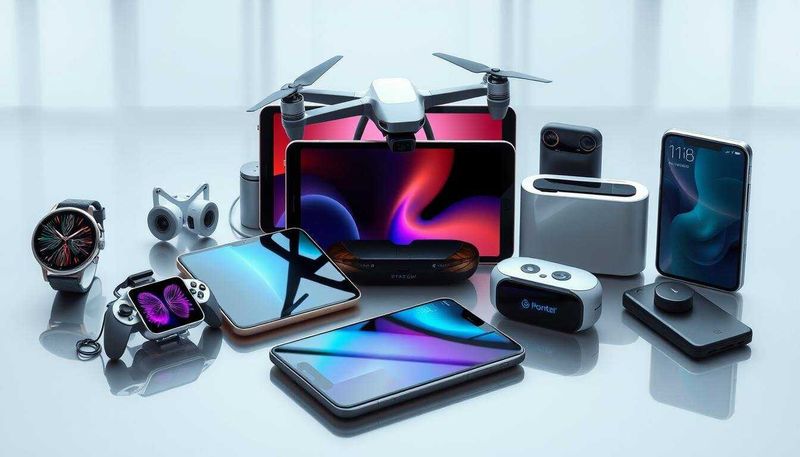
Having the newest phone or tablet may seem exciting, but frugal folks rarely chase technology trends. They keep their devices as long as they’re functional and compatible with necessary software.
Rather than succumbing to marketing hype, they look at practicality and longevity. They also consider refurbished models, which provide great value at a lower price. Flashy upgrades are only appealing when there’s a significant need. Otherwise, they’d rather spend their money on something with a longer return on investment.
4. Extended Warranties
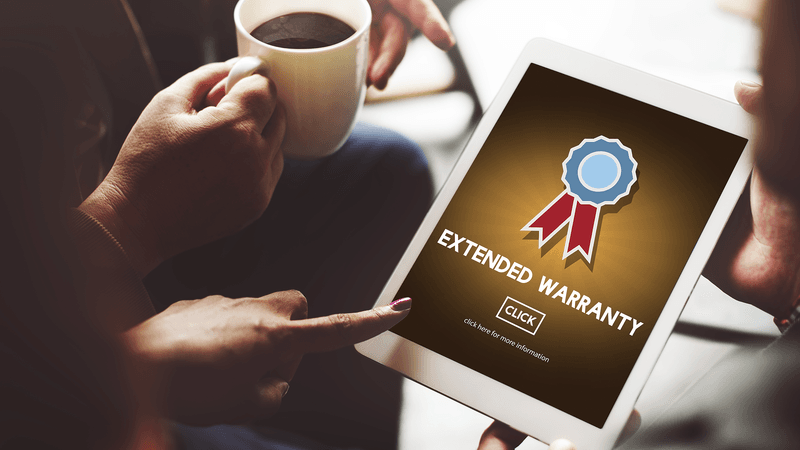
These are often presented as essential protection, but most frugal people skip the add-on. They understand that extended warranties are designed to favor the retailer, not the consumer.
Most products already come with a manufacturer warranty, and by the time an extended one kicks in, the item might be outdated or replaced. Instead, they rely on responsible use and consumer protections offered by credit card companies. If a product is known for breaking down, they won’t buy it in the first place.
5. Overpriced Gym Memberships

Staying healthy is important, but it doesn’t have to come with a hefty monthly fee. Frugal individuals explore low-cost or free alternatives like walking, running, biking, or home workouts using YouTube or free fitness apps.
If they do choose a gym, it’s likely to be a budget-friendly one that fits their lifestyle. They also look for community centers, local fitness classes, or used equipment for home workouts. Paying $100 a month just for access to machines they barely use is not their idea of a good investment.
6. Premium Cable Packages
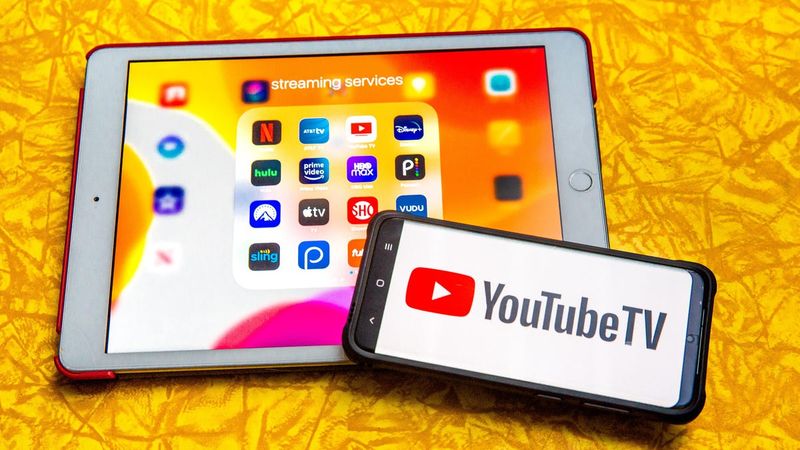
Cable bills can be a serious monthly drain, especially when most people only watch a handful of channels. Frugal households tend to cut the cord and stick with cheaper streaming services or even free platforms like Pluto TV, Tubi, or YouTube.
They understand that entertainment doesn’t need to cost $100+ a month. Instead, they rotate subscriptions, share family plans, or rely on library DVDs and digital lending services. The goal is to enjoy quality content without the burden of an inflated cable package that includes dozens of unused channels.
7. Luxury Cars

A shiny new ride might look good, but it often comes with a hefty price tag and high insurance premiums. Frugal individuals typically opt for reliable, fuel-efficient used vehicles that hold their value well.
They focus on functionality over flash and aim to minimize long-term costs like maintenance and depreciation. A dependable car with a good track record and affordable repair costs is always preferred. Driving a status symbol isn’t important to them—getting from point A to B safely and affordably is what matters.
8. Dining Out Frequently

Eating out might be convenient, but it quickly becomes one of the biggest budget busters. Frugal people prioritize home-cooked meals, often planning weekly menus and prepping in advance to save both time and money.
They reserve restaurant visits for special occasions, not everyday cravings. When they do dine out, they look for deals, coupons, or happy hour specials. Cooking at home not only saves money—it also encourages healthier eating habits and brings more control over ingredients and portion sizes.
9. Name-Brand Medications

Most generic drugs are held to the same safety and effectiveness standards as their name-brand counterparts. Frugal shoppers know this and rarely pay extra for a recognizable label when a less expensive alternative is available.
They ask their doctors and pharmacists about generics, and many even use discount programs or apps like GoodRx to reduce their out-of-pocket costs further. It’s not about cutting corners—it’s about making informed decisions that yield the same results without inflated prices.
10. Fast Fashion
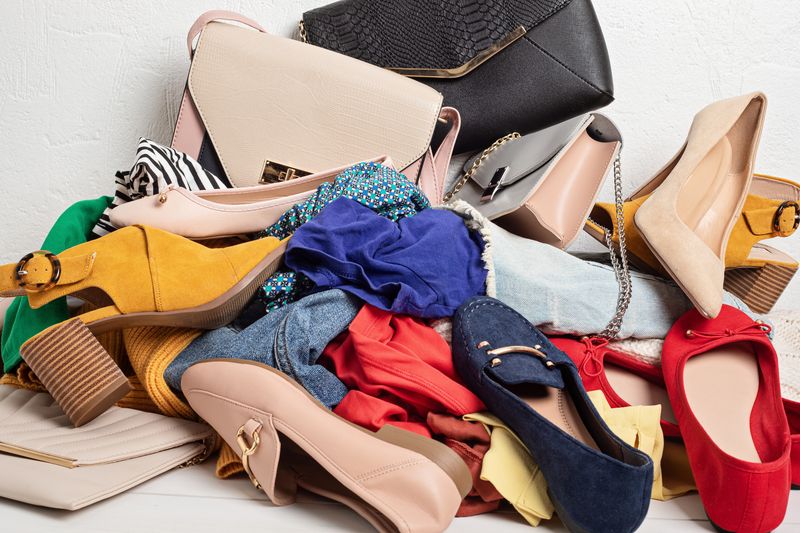
Trendy pieces that fall apart after a few washes don’t make it into a frugal person’s closet. Instead, they focus on timeless, versatile clothing items that last for years, not just a season.
They’re likely to shop secondhand, take advantage of end-of-season sales, or invest in quality basics that don’t go out of style. Repairing clothes instead of tossing them is also part of the mindset. By avoiding fast fashion, they reduce waste and keep their wardrobe expenses low over time.
11. Bottled Water

Spending money on bottled water is a habit frugal individuals avoid at all costs. They recognize that most tap water in developed countries is safe, and when it’s not, a one-time purchase of a water filter solves the issue.
Reusable bottles are their go-to. It’s more sustainable, saves money over time, and avoids contributing to plastic waste. Bottled water may seem like a small expense, but for those buying it daily, the cost adds up quickly. Frugal people invest once in a solution and never look back.
12. Fancy Home Decor

Pinterest-worthy interiors are appealing, but frugal people don’t blow their budget chasing aesthetic trends. Instead of buying expensive, mass-produced decor, they find creative ways to personalize their spaces affordably.
Thrift shops, DIY crafts, hand-me-downs, and minimalism play big roles in how they decorate. They care more about functionality and comfort than brand names or seasonal fads. A home should reflect personality—not credit card debt—and frugal individuals make sure their living spaces look good without costing a fortune.
13. Impulse Purchases

Grabbing something on a whim may feel good in the moment, but frugal people approach purchases with deliberate thought. They practice self-discipline and usually follow rules like the 24-hour or 30-day rule before buying anything non-essential.
This pause gives them time to evaluate whether they truly need the item or if it’s just a fleeting desire. They also plan their shopping trips with lists to avoid falling for marketing tricks. Being intentional protects their wallets from unnecessary spending and ensures their money aligns with their values.
14. High-End Beauty Products
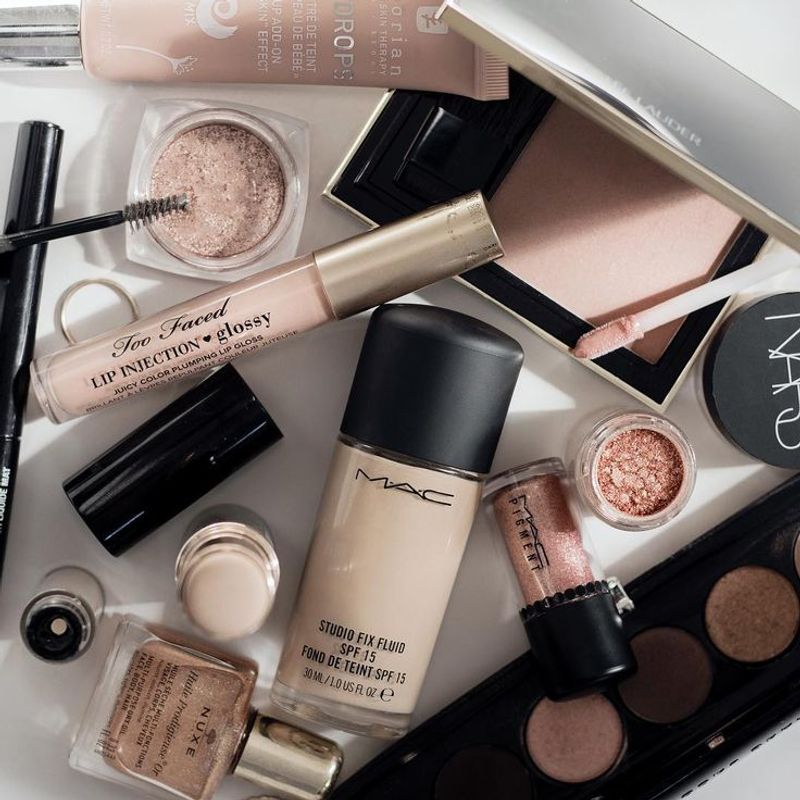
Fancy packaging and celebrity endorsements don’t sway the frugal crowd. They know that drugstore products often contain the same active ingredients as high-end brands, just without the hype.
When it comes to skincare or makeup, they do their research, read reviews, and often opt for multi-use products. DIY alternatives like coconut oil or homemade masks also find a place in their routines. It’s not about sacrificing quality—it’s about finding affordable products that actually work without draining their beauty budgets.
15. Convenience Foods

Chopped veggies, pre-marinated meats, and microwave-ready meals save time, but they cost significantly more than their whole-food counterparts. Frugal individuals avoid paying extra for convenience by prepping their food from scratch.
Batch cooking and meal planning help them stay efficient without overspending. They see the value in learning basic cooking skills and using ingredients in multiple ways. It might take a little extra effort, but the savings—both financial and nutritional—make it well worth it.
16. Lottery Tickets
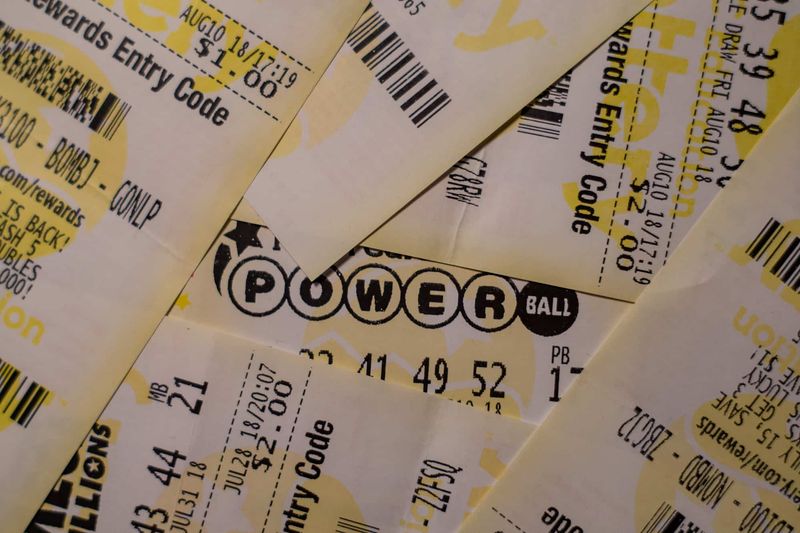
Hoping to strike it rich with scratch-offs or Powerball tickets is not part of a frugal strategy. They understand the odds are overwhelmingly against them and that money spent on tickets is better off in a high-yield savings account or invested.
Rather than gamble, they build wealth through consistency, smart budgeting, and discipline. Frugal people don’t believe in luck when it comes to finances—they believe in choices and habits that compound over time.
17. New Books

Frugal readers are just as passionate about books as anyone, but they rarely buy new ones. They rely on the public library, used bookstores, community swaps, or discounted digital copies to fuel their reading habits.
Many even use free platforms or apps like Libby, Project Gutenberg, or Kindle Unlimited trials. For them, the joy comes from the content, not the price tag. Owning a shelf full of brand-new hardcovers isn’t nearly as important as saving money while feeding the mind.
18. Trendy Subscriptions
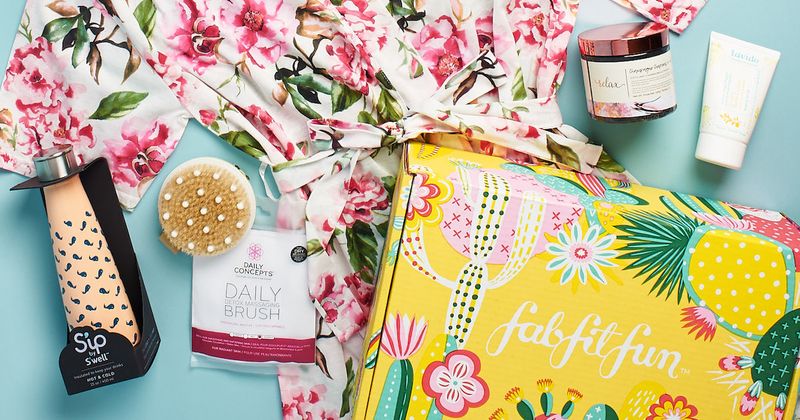
Monthly boxes, premium apps, or digital services might sound fun at first, but the costs accumulate quietly. Frugal individuals regularly audit their subscriptions and cancel anything they don’t actively use or truly need.
They also avoid signing up for trial periods that auto-renew and seek out free alternatives instead. Every dollar counts, and they would rather use their money for things that bring consistent value than waste it on trends they’ll forget in a month.
19. High-Interest Debt

Carrying balances on credit cards is the opposite of frugal behavior. These individuals either avoid credit cards altogether or pay off their full balance every month to avoid interest charges.
They prioritize financial freedom over instant gratification and know how damaging high-interest debt can be in the long run. Budgeting, living below their means, and building emergency funds are their tools of choice. If they can’t afford it in cash—or can’t pay it off immediately—they don’t buy it.
20. Overpriced Cell Phone Plans
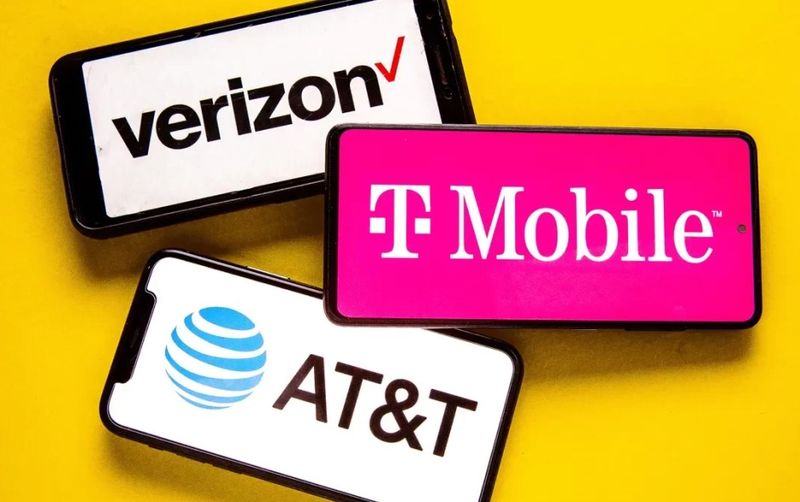
Spending $80+ a month on a phone plan? Not if you’re frugal. These savvy savers opt for budget carriers like Mint Mobile, Visible, or Tello, which offer the same coverage at a fraction of the cost.
They often buy unlocked phones outright and avoid device leasing or upgrade traps. Their phone plan matches their real usage, not marketing fluff. At the end of the day, they want reliability and savings, not unlimited features they don’t even use.
21. Seasonal or Holiday Decor
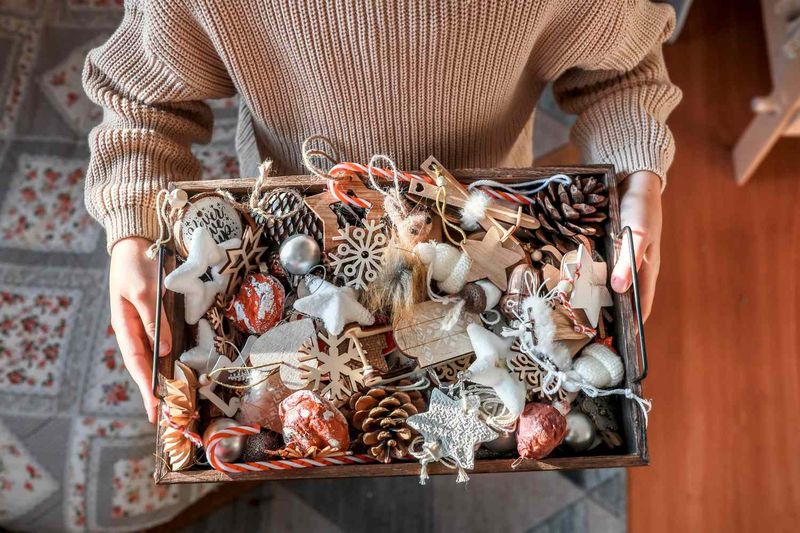
Walking through a store full of festive decorations can be tempting, but frugal individuals know better. They buy decor only after the season ends—when everything is marked down—or better yet, reuse what they already have.
Crafting their own decorations or borrowing from nature (think pinecones and greenery) is another creative solution. They resist the pressure to reinvent their home for every holiday and instead focus on meaningful traditions that don’t require spending a fortune.
22. Bank Fees

Monthly maintenance charges, ATM fees, and overdraft penalties are unnecessary expenses that frugal people work hard to avoid. They choose banks or credit unions that offer no-fee accounts and features that help them stay within their budget.
Many even set up alerts to monitor their balances and avoid potential charges. In their eyes, paying a bank to hold their money makes no sense. Every dollar saved on fees is a dollar that stays in their pocket.
23. Multiple Streaming Services at Once
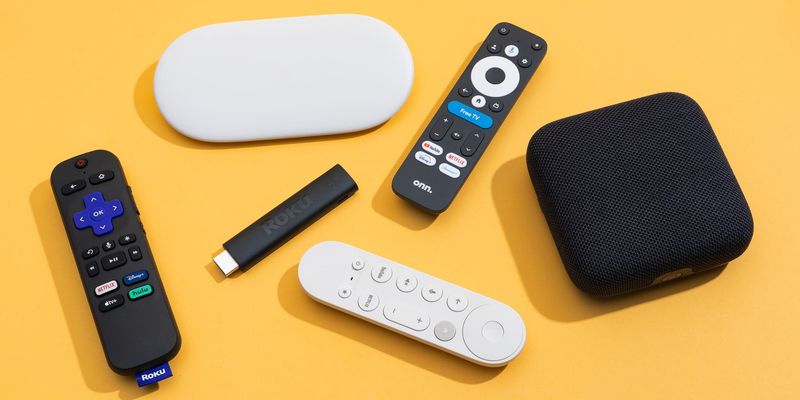
While entertainment is a priority, paying for five or more streaming subscriptions isn’t. Frugal households rotate services month-to-month and take full advantage of free trials or ad-supported platforms.
They avoid decision fatigue and monthly billing overload by keeping it simple. If they’re not actively watching a platform, they cancel it. Binge-watching a single show doesn’t justify a long-term subscription. This selective approach helps them stay entertained while still saving cash.
24. Daily Takeout Lunches

Ordering lunch every day at work might seem like a small convenience, but it adds up quickly. Frugal people plan ahead and bring their meals from home, often cooking in batches to save time during the week.
It’s healthier, cheaper, and often more satisfying than grabbing something on the fly. A little planning goes a long way, and they’d rather spend $10 a week on groceries than $50 on takeout. Lunch is just another opportunity to save without sacrificing quality.
25. Trendy Kitchen Gadgets
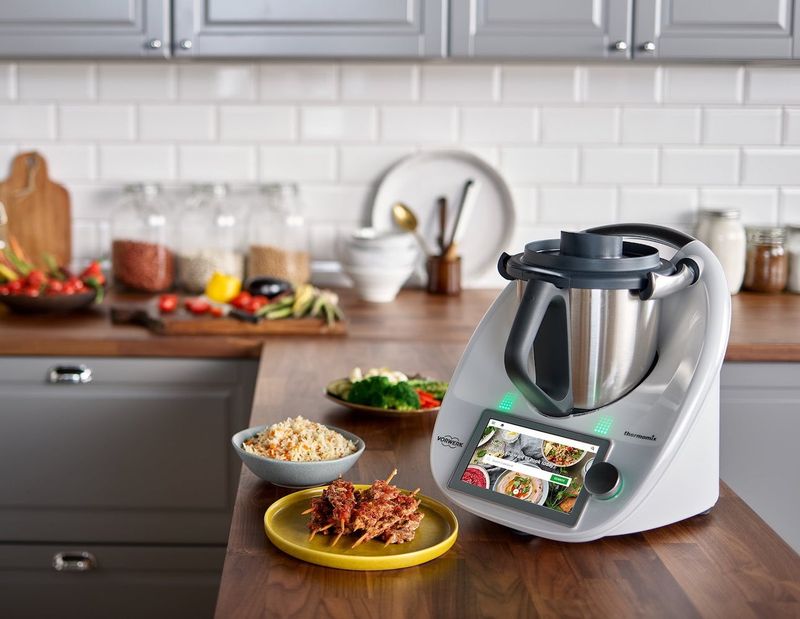
Devices like avocado slicers, quesadilla makers, or electric can openers may look fun, but they rarely get used. Frugal people stick to multipurpose tools like a good chef’s knife or cast-iron skillet that can do it all.
They avoid clutter and choose tools that last for years, not gadgets that collect dust. Before buying anything new, they ask: “Do I really need this?” If the answer isn’t a strong yes, it stays on the shelf.

Comments
Loading…